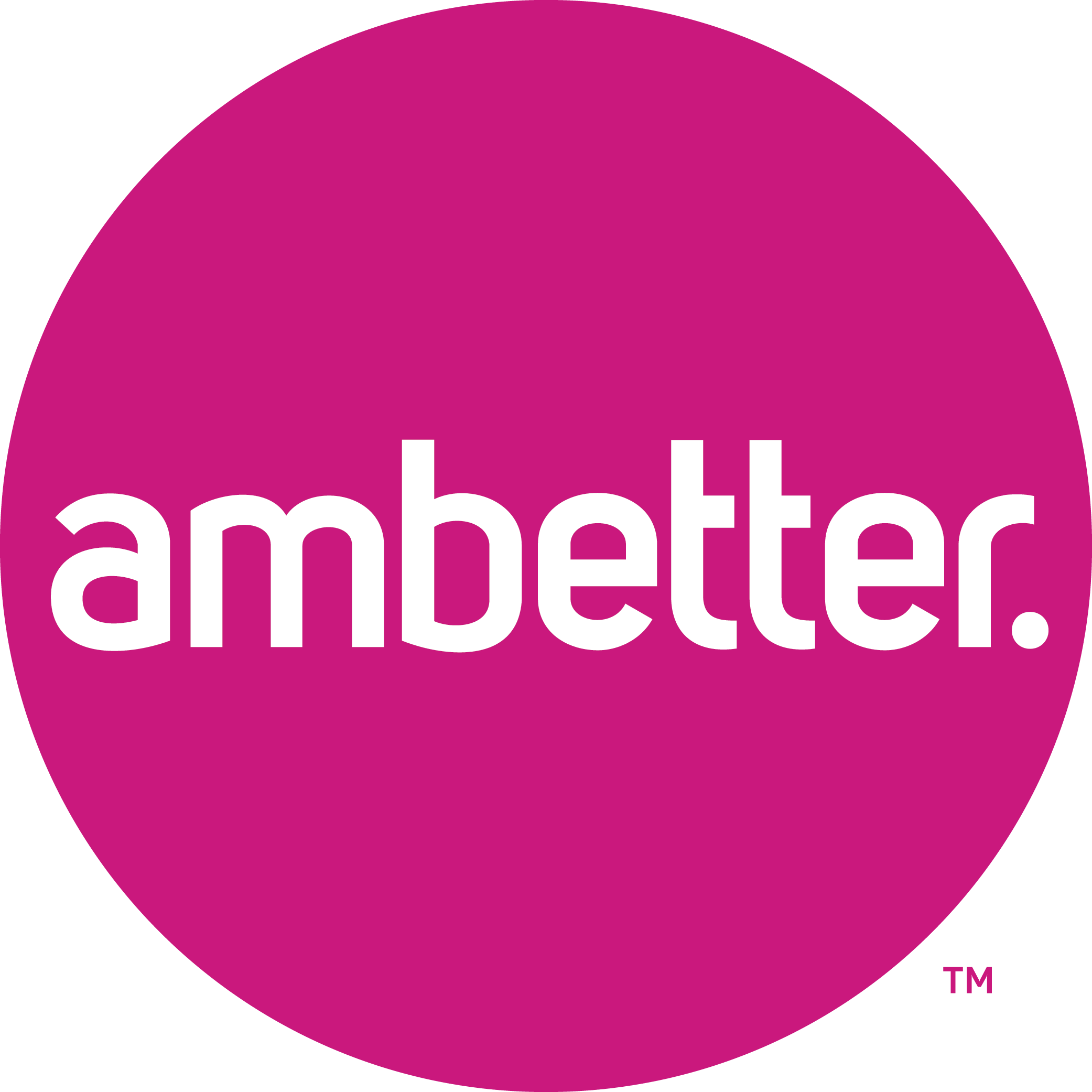Cocaine Detox at Banyan Texas
With the rate of cocaine use steadily increasing in the United States, the need for addiction help is at an all-time high. Many people begin using cocaine recreationally under the impression that they’ll be able to quit whenever they want. However, this isn’t the case. Using cocaine a handful of times can quickly lead to addiction. Once this dependency is developed, it’s difficult for users to stop on their own. This powerful and addictive stimulant causes changes in several functions of the brain, including neurobiological activity. The longer the duration of the addiction, the more dangerous the person’s withdrawal symptoms will be during cocaine detox.
An addict’s recovery journey begins with finding a rehab facility they can trust. At Banyan Treatment Centers Texas, we provide a medically-monitored cocaine detox that’s designed to treat and manage patients’ withdrawal symptoms. We advise patients to undergo a cocaine detox as the first step of the recovery process. Following the completion of this treatment, patients will be guided into their next phase of substance abuse treatment by our team.
Dangers of Cocaine Addiction
The most obvious damage caused by long-term cocaine abuse occurs in the brain. This drug affects hormonal release and production, specifically causing an excess of dopamine in the brain. This causes problems in the limbic system, an area of the brain that deals with memory and emotion. It also helps to regulate emotional responses to certain stimuli and reinforcing behavior.1 This buildup of dopamine causes overwhelming feelings of pleasure and euphoria. First-time users are often sucked in because of these feelings and continue abusing cocaine as a result.
Long-term and excessive use of cocaine can rewrite certain systems in the brain and body, preventing them from functioning properly. This has been known to cause a host of other health concerns. An effective cocaine detoxification treatment addresses the emotional, mental, and physical aspects of cocaine addiction, offering a safe way for individuals to begin their recovery journey.
Signs of Cocaine Addiction
Like many other drugs, there are signs and symptoms that point to cocaine addiction. Some symptoms of cocaine addiction include:
- Severe weight loss
- Restlessness
- Excessive energy
- Aggression
- Violent behavior
- Angry or emotional outbursts
- Drug paraphernalia
- Nose bleeds
- Dilated pupils
- Raspy voice
If you suspect a loved one to be struggling with cocaine addiction, our detox from cocaine is a safe and medically-monitored form of treatment that can get them one step closer to sobriety.
Cocaine Withdrawal Symptoms
When a person suddenly stops using cocaine, they will experience a crash almost immediately. This crash is also known as withdrawal, which may produce symptoms including:
- Fatigue
- Sadness (lack of pleasure)
- Agitation
- Anxiety
- Irritability
- Drowsiness
- Paranoia
Unlike withdrawal from other substances like alcohol or heroin, there are no outward signs that signal cocaine withdrawal. Because there are no physical signs, it was once assumed that cocaine was not as dangerous as other drugs. However, the cravings, irritability, and depression it produces in conjunction with the symptoms listed above are just as powerful as other forms of withdrawal. A person who attempts to rapidly quit using cocaine on their own or without a cocaine detox is more likely to relapse.
Our Detox for Cocaine Addiction
As with any other drug detox treatment, a cocaine detox is a process composed of several steps that must be completed to ensure sobriety. The most successful cocaine detox treatments are normally conducted in a controlled and medically supervised environment. At our Texas addiction treatment center, we know that a patient with a cocaine addiction is more likely to reach and sustain their sobriety when they begin their recovery journey with our cocaine detox. After detox, clients will create and complete a treatment plan that addresses their needs.
If you or someone you know is battling a cocaine addiction, contact us today to get help.
Most Insurance Plans Accepted
At Banyan Treatment Centers, our goal is to make sure that anyone who needs treatment from drug and alcohol addiction are able to get the help needed to assist them on the road to recovery. If you don't have insurance contact us to inquire about alternate methods regarding treatment for yourself or a loved one.











